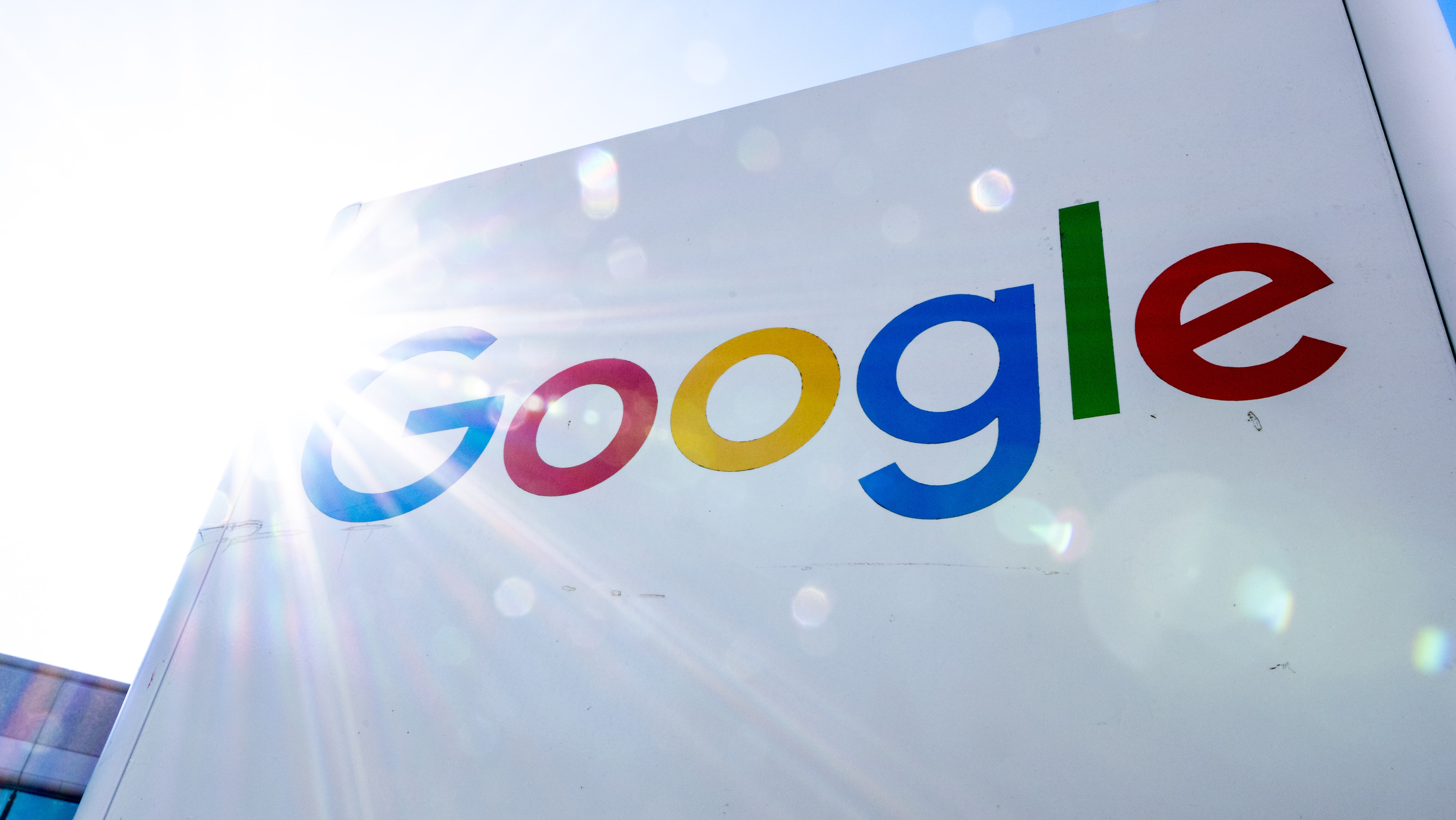Google's dumb AI answers increased its greenhouse gas emissions by nearly 50% in the last 5 years

The company claims that AI will help solve the AI emissions problem.
As one of the largest and most influential tech firms in the world, Google has made various commitments about how the company will operate now and in the future. We're a long way from the innocent days of "don't be evil", and into the realms of more prosaic and potentially consequential stuff: such as the goal of reaching net zero emissions by the year 2030.
Google has now issued its 2024 environmental report, which euphemistically features a section called "AI for sustainability" and offers users the chance to sift through the report guided by AI. This is deeply ironic, because the take-home message of the report is that AI projects have put Google's emissions through the roof. The report reveals that the company's increased use of power-guzzling datacenters for AI research has seen its greenhouse gas emissions increase by 48% over the last five years.
Google blames its electricity consumption and wider supply chain for 2023's 14.3 million metric tons of emissions, a 13% rise over the 2022 figure. Bear in mind that Google's net zero target requires that it reduce emissions significantly.
"Reaching net-zero emissions by 2030 is an extremely ambitious goal and we know it won’t be easy," reads the report. "Our approach will continue to evolve and will require us to navigate significant uncertainty—including the uncertainty around the future environmental impact of AI, which is complex and difficult to predict."
Well… it seems pretty certain how AI is affecting the environment at this moment in time. On top of the above, Google goes on to basically throw its hands up. "Solutions for some key global challenges don't currently exist, and will depend heavily on the broader clean energy transition." Don't blame us, in other words, because no one's got nuclear fusion up and running yet.
The report goes on to claim, naturally, that AI will help solve the AI emissions problem by 2030: "AI has the potential to help mitigate 5-10% of global greenhouse gas (GHG) emissions by 2030." Google goes on to list things like route efficiency for traffic and how it can help operate traffic lights, which is all well and good but I'm not sure is dealing with the carbon elephant in the room.
There are, at least, those who agree that AI will eventually offset its own energy consumption. "Let's not go overboard on this," Bill Gates told journalists at a recent conference. "Datacentres are, in the most extreme case, a 6% addition [in energy demand] but probably only 2% to 2.5%. The question is, will AI accelerate a more than 6% reduction? And the answer is: certainly."
Google ends the report with a huge list of organisations it's working with and initiatives it's supported. These make for odd reading because, while I'm glad some of Google's endless cash has been spent on restoring "750 acres of monarch butterfly habitat across California", I'm not sure it acts as any kind of meaningful counter-weight to over 14 million metric tons of emissions.
Things are not going to get better, barring some unforeseen breakthrough. The International Energy Agency (IEA) estimates that the electricity usage of data centres is simply going to increase, and could double over the next two years to 1,000TWh (terawatt hours). This estimate is widely accepted by analysts, and some think that AI-driven consumption is pushing the world towards a global energy crisis. Another cheery stat? In 2022 Microsoft and Google's data centres used 32 billion liters of water. As they run faster, they run hotter.
These numbers are unfathomably large, and show the utter commitment of big tech to pushing AI technologies forwards. It seems apt to wonder about what we're actually getting from this enormous use of resources, when so far the only real answers seem to be bad chatbots, slop imagery, and the never-ending promise this will all somehow change the world one day.
So we may end up cooking in our own skin at some point, but at least our AI companions will be able to advise on how best to alleviate the side-effects of impending death. Who knows, by 2030 they may even have a good answer.
